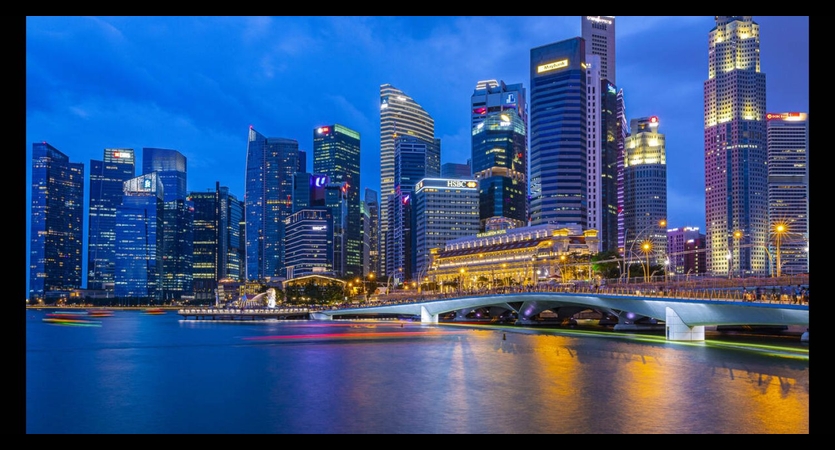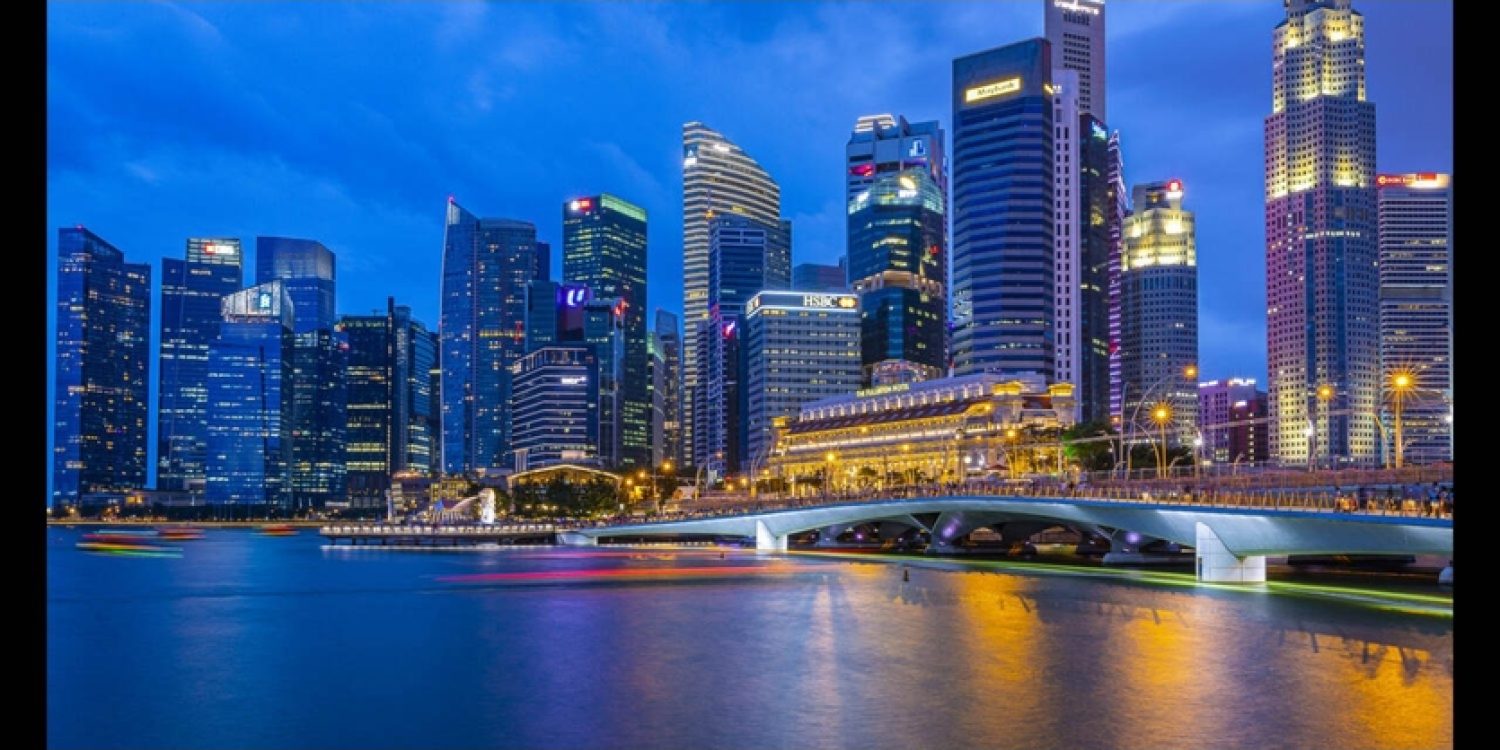Introduction:
Securing permanent residency in Singapore is a goal for many individuals seeking stability and opportunities in the Lion City. As of 2024, the process has evolved, with the government implementing changes to the Singapore PR requirements. In this article, we will explore the key criteria, application procedures, and recent updates for those aspiring to become permanent residents in Singapore.
Eligibility Criteria:
To qualify for Singapore PR, applicants typically need to meet certain eligibility criteria. These include factors like employment status, educational qualifications, and family ties. In 2024, the government might have introduced new benchmarks or adjusted existing ones, emphasizing the importance of understanding the current landscape.
Employment Pass (EP) Holders:
EP holders often find it easier to transition to PR status. In 2024, the requirements for EP holders may have undergone changes, affecting the likelihood of a successful PR application. Understanding the specific criteria for EP holders and any recent modifications is crucial for those aiming for permanent residency.
S Pass and Work Permit Holders:
While EP holders usually have smoother pathways, S Pass and Work Permit holders may also explore PR opportunities. The eligibility and considerations for these pass holders could differ, and recent policy updates may have introduced alterations that applicants must be aware of.
Investors and Entrepreneurs:
Singapore welcomes investors and entrepreneurs, and their contributions to the economy are valued. The PR requirements for this category may involve demonstrating a certain level of investment or business success. Keeping abreast of any changes in criteria for investors and entrepreneurs is essential for those eyeing permanent residency through these routes.
Family Ties:
Family ties play a significant role in PR applications. Spouses, children, and other family members of Singaporean citizens or PR holders may have certain privileges. The eligibility criteria for family-sponsored PR applications could have been updated in 2024, making it imperative to understand the current requirements.
National Service Obligations:
Male PR applicants who are 18 years old and above might be subject to National Service (NS) obligations. Understanding the impact of NS obligations on PR applications is vital for those falling within this demographic.
Documentation and Application Process:
The documentation required for a PR application is a critical aspect. In 2024, changes in the required paperwork or submission procedures may have been introduced. Navigating the application process smoothly involves staying informed about the latest guidelines and procedures set by the Immigration and Checkpoints Authority (ICA).
Renewal and Rejection:
For existing PR holders, renewal procedures and potential reasons for rejection may have evolved. It’s crucial for PRs to be aware of the renewal process and any additional requirements imposed by the government. Understanding the common reasons for rejection can help applicants strengthen their cases and increase their chances of success.
Government Policies and Trends:
Finally, staying informed about broader government policies and trends is essential. Singapore’s immigration landscape can be influenced by economic conditions, geopolitical factors, and societal changes. Being aware of the bigger picture can provide valuable insights for those planning their PR journey.
Conclusion:
Securing permanent residency in Singapore is a significant step, and the requirements in 2024 are shaped by the evolving needs of the country. Aspiring PR applicants must diligently research and understand the specific criteria applicable to their situations. Staying abreast of the latest updates ensures that individuals can navigate the process effectively, increasing their chances of achieving permanent residency in this dynamic and thriving nation.















